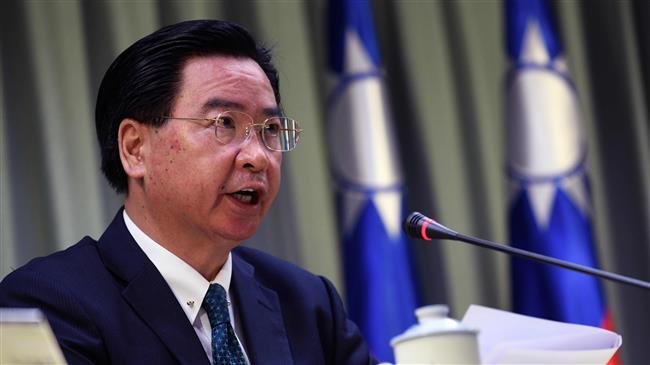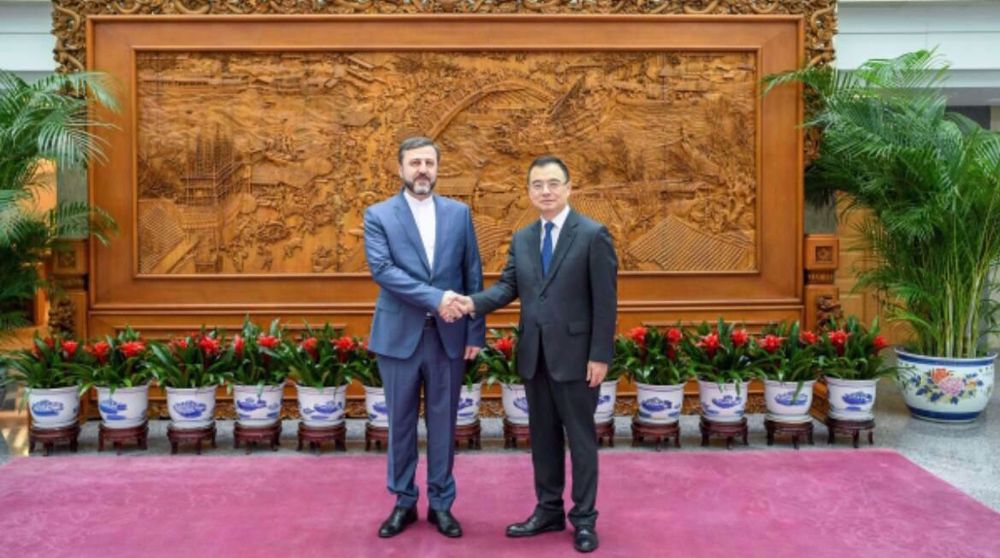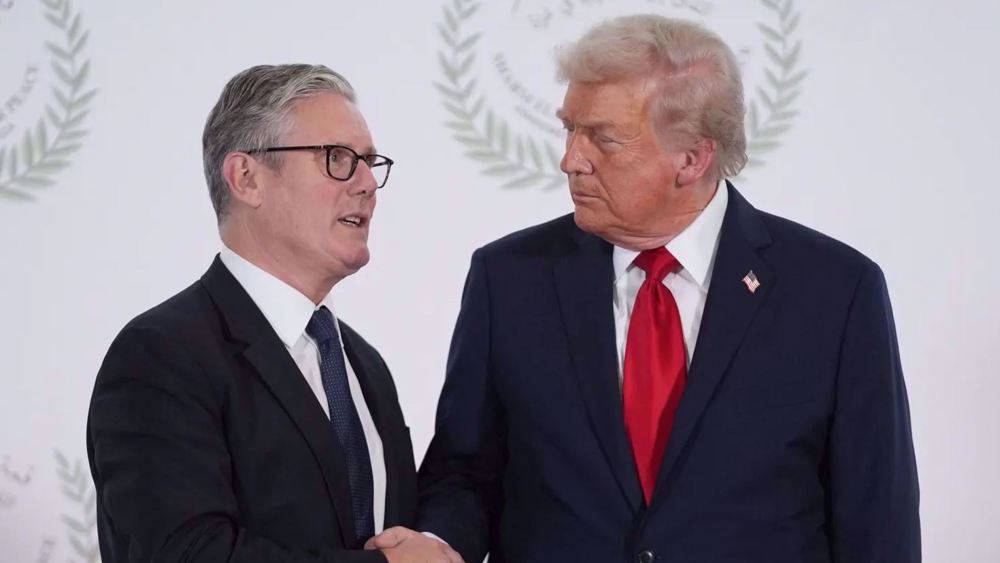Taiwan dismayed as another Pacific nation switches to Beijing
Taiwan lashed out at China on Friday after the tiny island nation of Kiribati switched its recognition to Beijing, the second diplomatic defection in the strategically important Pacific in less than a week.
The move is another coup for Beijing just weeks before it celebrates the 70th anniversary of the founding of the People's Republic of China.
It comes just four days after the Solomon Islands made the same decision, and leaves Taiwan more isolated than ever with just 15 states left that recognize it.
At a hastily arranged press conference on Friday, Taiwan's Foreign Minister, Joseph Wu, announced Taipei would immediately withdraw its diplomats and expected Kiribati to do the same.
He said Beijing had "seduced Kiribati to change its diplomatic ties" with promises of investment and aid.
"The President of Kiribati, Taneti Mamau, and certain people in his party have fantasies about China," Wu added.

Taiwan has been a de facto sovereign nation since the end of a civil war in 1949, but China still views the island as its territory and has vowed to seize it -- by force if necessary.
Over the decades, as China's economic and military power has grown, most countries, including the United States and most Western nations, have switched recognition to Beijing.
In the last decade, only a handful of nations have remained loyal to Taiwan, largely impoverished countries in Latin America and the Pacific. The only European state to still recognize Taiwan is the Vatican.
But Beijing stepped up its campaign to diplomatically isolate Taiwan after the 2016 election of President Tsai Ing-wen because she hails from a party that refuses to recognize the idea that the island is part of "one China".
It has also ramped up military drills and squeezed the island economically.
Seven states have now switched to Beijing during Tsai's tenure.
The small African nation of Sao Tome and Principe was the first to fall in late 2016, followed by Burkina Faso and then three Latin American nations: Panama, El Salvador and the Dominican Republic.
Then on Monday came the Solomons, which had been deciding for months whether to make the move following the April election of Prime Minister Manasseh Sogavare.
Taiwan heads to the polls in January, with Tsai seeking a second term and relations with China dominating the campaign.
Tsai has described January's election as a "fight for freedom and democracy", setting herself up as someone who can defend Taiwan from an increasingly assertive Beijing.
Her main challenger, Han Kuo-yu, from the opposition Kuomintang party, favors rebooting the relationship with Beijing.
China 'highly appreciates' Kiribati's decision
China on Friday praised Kiribati's decision. Beijing "highly appreciates the decision to resume diplomatic relations with China", foreign ministry spokesman Geng Shuang said at a press briefing Friday.
When asked if China had promised investment to Kiribati if it cut ties with Taipei, Geng said people in Taiwan had used the same words regarding the Solomon Islands to "create confusion and distort the facts".
"Those who are accustomed to buying diplomatic allies with money may not understand that principles cannot be bought and trust cannot be bought," Geng said.
He added that the establishment of diplomatic relations would "surely bring unprecedented opportunities to Kiribati's people" but that the move "demonstrates that adhering to the one-China principle is the... general trend of the times."
(Source: AFP)
UK arrests Press TV contributor amid crackdown on pro-Palestine activism
VIDEO | Axis of Resistance stands as multinational front for justice
Swiss academics call for end to research treaty with Israel over Gaza genocide
VIDEO | Israeli regime harasses, tortures Gazans returning through Rafah crossing
Israel faces existential threat of internal collapse before centenary, general says
Police fire tear gas as protests erupt against ICE and Israel at Milan Winter Olympics
UK PM’s chief of staff resigns over appointment of Epstein associate as US envoy
Iran leads Islamic world in electric vehicle motor technology










 This makes it easy to access the Press TV website
This makes it easy to access the Press TV website